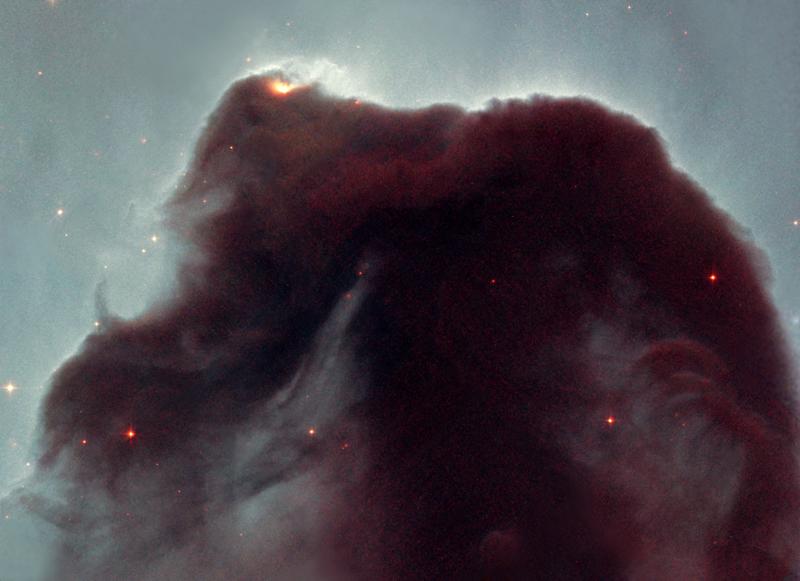As I was walking by a pet store the other day, I spotted a rodent running in one of those exercise wheels, and quantum reality suddenly came to mind. The parallel seemed fitting, except for the fact that the rodent a) probably knows it’s not going anywhere and b) is getting a useful workout. For the past 80 years or so, the confusion wrought by some of matter’s curious properties has crystallized into a latter-day mysticism called quantum reality. Quantum mechanics is a useful, powerful tool. Quantum reality however is about as credible as the study of paranormal activity, but has somehow wormed its way into the physics department. Indeed, one of its claims is that reality has a spooky nonlocality. The only difference between quantum reality and clairvoyance is the funding. Clairvoyance tends to be privately funded.
Quantum reality, like ‘jumbo shrimp’ and other oxymorons, has nothing to do with reality. What it has everything to do with is human ego. Unbridled, run-amok ego. The atomic realm doesn’t follow the classical rules we have so carefully laid out over the last hundred years, so the universe is irrational! When the confusion really started to percolate in the early 1900’s, de Broglie and Bohr, at least in the beginning, had no intention of starting a religion. Louis de Broglie wrote an excellent book, called Matter and Light: The New Physics (1939) that did a good job of expressing his deep desire to understand what the quantized world was trying to tell him. Heisenberg didn’t have the introspection of de Broglie and Einstein, and through force of will and his opponent’s inability to explicate a series of bizarre results, Werner started his own religion, and it is called the Copenhagen Interpretation (Quantum Reality).
Like any good religion, quantum reality rests atop deep, inexplicable mystery, and there are many things that, by the Uncertainty Principle, are taken to be forever beyond the reach of our instruments. Quantum reality works in mysterious ways. Do not question it. Do not ask us why it is the way it is; to do so is to consort in philosophy. Learn the magic rules of quantum reality, for that is science. These rules defy common sense, but nowhere is it written that the universe must adhere to common sense. Here is that megalomaniacal human ego again. We don’t understand it, physicists much smarter than us didn’t understand it, therefore it is beyond understanding. I pick up mixed signals on this assessment, but let’s see which one is the more likely interpretation. Are physicists a) freely admitting that they are not smart enough to understand the universe; or b) convinced that it can’t be understood because they are really smart and even they can’t understand it. One wonders. On what side does the burgeoning human ego fall?
Quantum realists walk silently along the halls of their quantum monastery, with shaven heads and wearing brown robes, and when they speak they all agree that physics’ job is to describe the universe, not understand it. To attempt to do so is at the best hopelessly naïve, or in the worse case heresy. Heretics are not tolerated in the quantum monastery. But one day, as the quantum monks are filing into their undecorated dining room, carrying their plates of lukewarm rice, they are startled to discover an intruder, sitting at a table, eating a hamburger, wearing shorts, a baseball cap, and a tee shirt with a colorful, offensive logo. “Yo” I said, “Want to see some cool geometry?”
